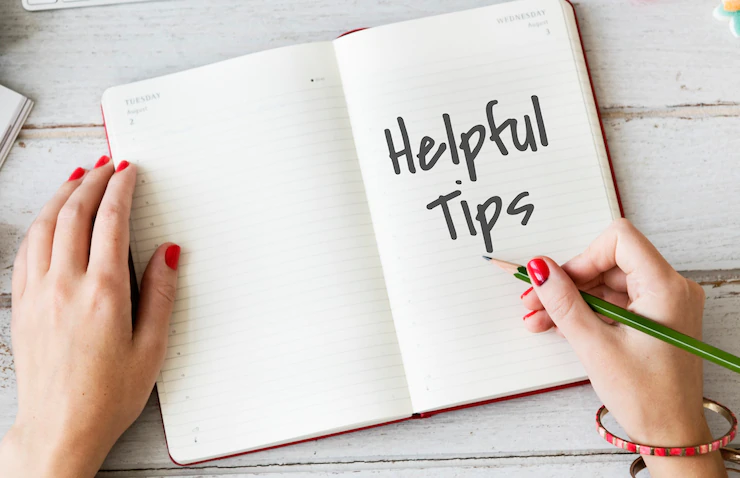Anxiety is a common experience that many people face in their everyday lives. It can manifest as feelings of unease, worry, or fear, and can significantly impact one’s overall well-being. While it’s normal to feel anxious from time to time, chronic or excessive anxiety can be overwhelming and interfere with daily functioning. Fortunately, there are strategies and techniques that can help reduce and manage anxiety. In this article, we will explore some practical tips for incorporating anxiety-reducing practices into your daily life.
- Practice Deep Breathing: Deep breathing exercises can help calm your nervous system and reduce anxiety. Take slow, deep breaths in through your nose, allowing your belly to rise, and then exhale slowly through your mouth. Focus on the sensation of your breath, allowing it to ground you in the present moment.
- Engage in Regular Physical Exercise: Physical exercise has been shown to have numerous benefits for mental health, including anxiety reduction. Engaging in regular physical activity, such as walking, jogging, dancing, or yoga, can help release endorphins, improve mood, and reduce anxiety levels.
- Prioritize Self-Care: Taking care of yourself is crucial for managing anxiety. Make self-care activities a priority in your daily routine. This can include activities such as taking a warm bath, practicing mindfulness or meditation, reading a book, engaging in hobbies you enjoy, or spending time in nature.
- Practice Mindfulness: Mindfulness involves paying attention to the present moment without judgment. It can help you become more aware of your anxious thoughts and feelings and develop a sense of calm. Incorporate mindfulness into your day by engaging in activities mindfully, such as eating, walking, or even washing the dishes.
- Establish a Sleep Routine: Lack of sleep can exacerbate anxiety symptoms. Establishing a consistent sleep routine can promote better sleep quality and reduce anxiety. Create a calming bedtime routine, ensure your sleep environment is comfortable and conducive to sleep, and avoid stimulants like caffeine close to bedtime.
- Limit Exposure to News and Social Media: Constant exposure to news and social media can contribute to heightened anxiety levels. Limit your exposure to these platforms, especially when you notice that they are triggering anxious thoughts or feelings. Set boundaries around when and how much time you spend engaging with news and social media.
- Practice Time Management: Feeling overwhelmed and stressed can contribute to anxiety. Improve your time management skills by prioritizing tasks, breaking them into smaller, manageable steps, and setting realistic goals. This can help reduce the sense of overwhelm and create a sense of control over your daily life.
- Seek Support: Don’t hesitate to reach out to trusted friends, family, or professionals for support. Talking to someone you trust about your anxiety can provide emotional support and a fresh perspective. If your anxiety becomes persistent or significantly impacts your daily functioning, consider seeking help from a mental health professional.
Remember, everyone’s experience with anxiety is unique, and what works for one person may not work for another. It’s important to find the strategies that resonate with you and incorporate them into your daily routine. By implementing these tips and seeking support when needed, you can effectively reduce and manage anxiety, leading to a healthier and more fulfilling life.










